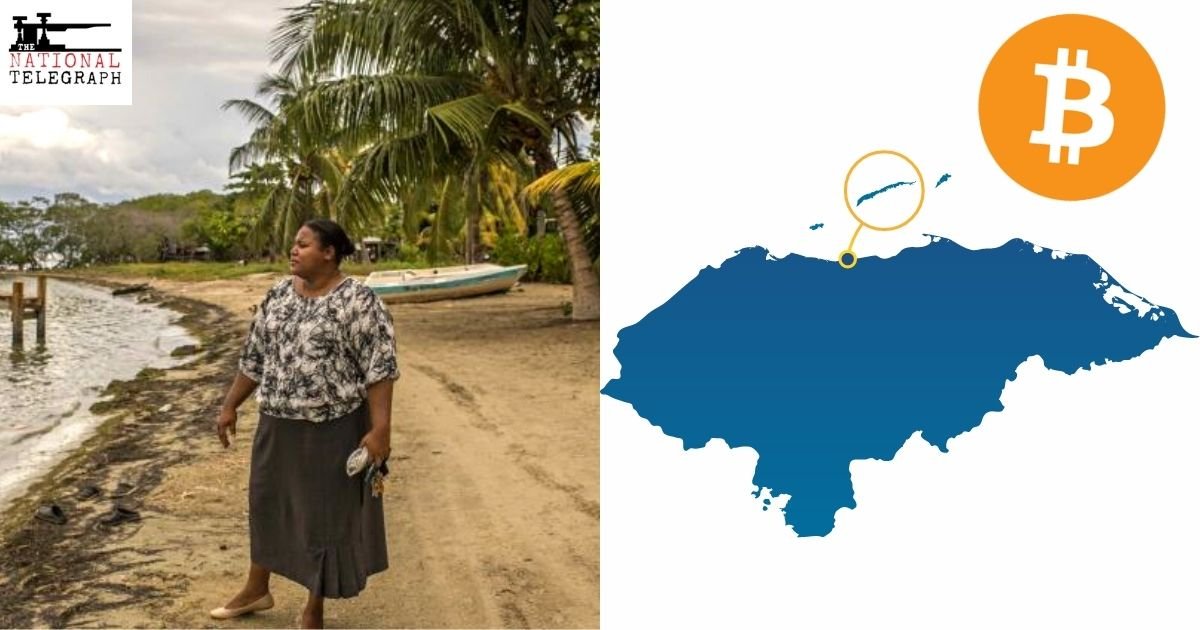Written By Neil McKenzie-Sutter, Posted on April 14, 2022

This past April 7, 2022, Joel Bomgar, President of Próspera, Honduras, broke the news that his autonomous city [ZEDE] is recognizing Bitcoin as legal tender for use in buying and selling products, as well as paying taxes and fees to the jurisdiction.
The Próspera revelation came alongside similar announcements at the Bitcoin 2022 conference: the autonomous island region of Madeira, in Portugal, is also recognizing Bitcoin as legal tender, and Mexico will be tabling legislation to recognize Bitcoin as legal tender.
The announcement from Próspera, however, must be seen as more significant seeing as President Bomgar also revealed the autonomous city is ready to offer Bitcoin Bond for purchase immediately.
On top of this, Bitcoin Bonds are now allowed to be floated by other municipalities in Honduras, and other firms or political jurisdictions outside the U.S., from within the jurisdiction of Próspera.
It’s a bit complex, but in theory, this new financial product could serve to galvanize the entire economy of Honduras, as well as Central America in a broad sense, but let’s pause to go over what exactly Bitcoin Bonds are.
Bitcoin Bonds are a financial product created by Samson Mow, a short breakdown of which can be found here, but the idea really is simple: since Bitcoin is deflationary, the now high rolling early investing Bitcoiners might not mind locking up their Bitcoin for a period of a few years; earning interest of course, but also the value of the loaned Bitcoin naturally having accrued over the lockup period.
Another idea at play is that the high rolling Bitcoiners obviously believe in the cryptocurrency, and want to see their newly gained wealth extended to the rest of the world.
The Bitcoin Bond product was pioneered by Mow for use in El Salvador, where the government has committed to offering a 1 billion dollar Bitcoin Bond, and the idea is that Bitcoin Bond products will massively help spur the El Salvadoran economy.
Unfortunately, some issues have delayed the El Salvadorian-sponsored Bitcoin Bond from being brought to market, so it seems Próspera has beaten El Salvador to the punch and become the first jurisdiction anywhere in the world to market a Bitcoin bond product.
While some may feel as though Próspera is sort of stealing El Salvador’s thunder, in reality, given the complete novelty of the Bitcoin Bond product it’s not surprising El Salvador, a fully-fledged nation-state (not to mention formally an economic basket case) would run into a few roadblocks. By the same logic, it makes sense to find a smaller, pro-business, city-state-sized jurisdiction like Próspera getting ahead here.
Additionally, the fact that Próspera is a smaller jurisdiction almost certainly means a smaller-scale deployment of Bitcoin Bond products than what we’ll eventually see rolled out in El Salvador, and that might not be a bad thing given these bonds are so new. In the bigger picture, potential investors might be more comfortable watching what happens with the rollout of Bitcoin Bond products in smaller Próspera, before deciding to invest in larger products in a nation-state.
That said, it seems that by highlighting Honduran firms and/or organizations based outside Próspera can invest in these Bitcoin bonds as well, President Bomgar appears aware the nation of Honduras as a whole stands to benefit greatly from the introduction of these bonds.
One additional detail that can’t be ignored is the geopolitical aspect because there absolutely will be Honduran based firms looking to take advantage of these new Bitcoin Bond products because, even though Próspera exists on the island of Roatán, in the Caribbean, mainland Honduras shares a long land border with El Salvador, where Bitcoin has been legal tender since last year.
Cross-border Bitcoin integrated commerce is well within the cards for El Salvador-Honduras in the near future, which is exactly the type of advancement Samson Mow has stated he would like to see: a Hyper-Bitcoinized future.
Hey there You have done a fantastic job I will certainly digg it and personally recommend to my friends Im…